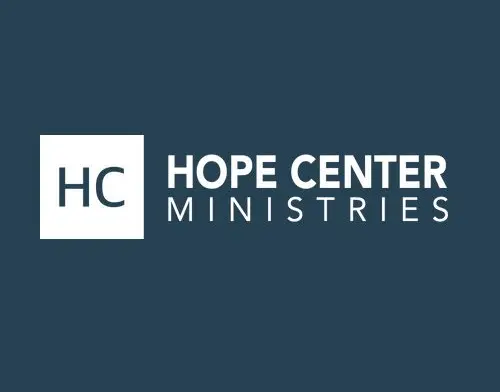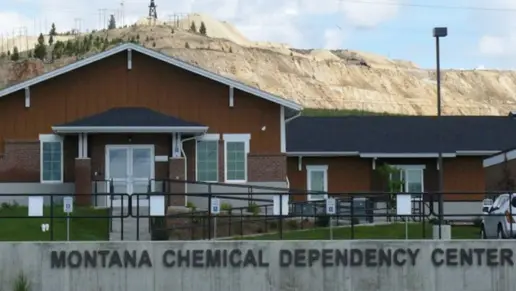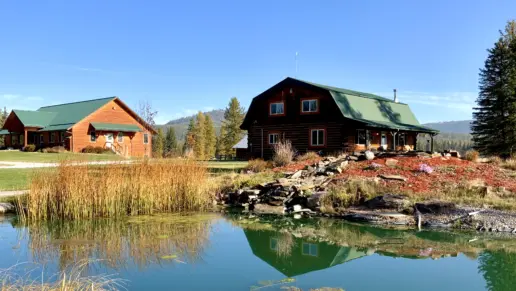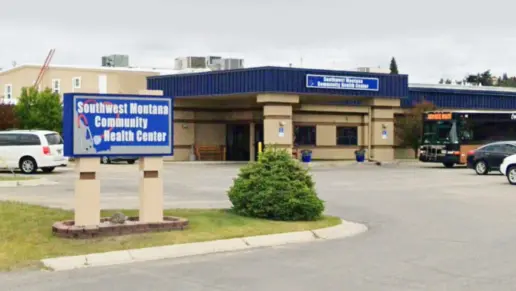About Hope Center Ministries Helena Women’s Center
Hope Center Ministries - Helena Women's Center is a drug rehab facility specializing in the treatment of alcoholism, opioid addiction, and substance abuse in Clancy, Montana. Their main goal is to help women overcome their alcohol and drug addiction by restoring hope, restoring lives, and helping residents through faith based healing. They utilize a variety of Bible based curriculum and 12 Step programs including Celebrate Recovery groups.
The residential treatment program is designed to last 8 months. It is divided into 3 different phases; phase 1 is 6 weeks, phase 2 lasts a minimum of 20 weeks, and phase 3 lasts 8 weeks minimum. The program builds the client’s sobriety, allowing them greater flexibility and independence as they progress. The goal is to prepare clients for a stable and sober transition to independent life.
The program includes Bible study, prayer, devotional activities, and a classroom curriculum including training in personal skills that help individuals return to a stable and responsible life. Additional programs include individual sessions, group sessions, life groups, weekly aftercare, 12 Step meetings, and Celebrate Recovery groups. Individuals may have books, magazines, etc. However, all reading materials and music must be approved by staff onsite.
Hope Center Ministries has self pay and financing options. Please check with your insurance provider about coverage and any out of network benefits that may apply.
Gallery
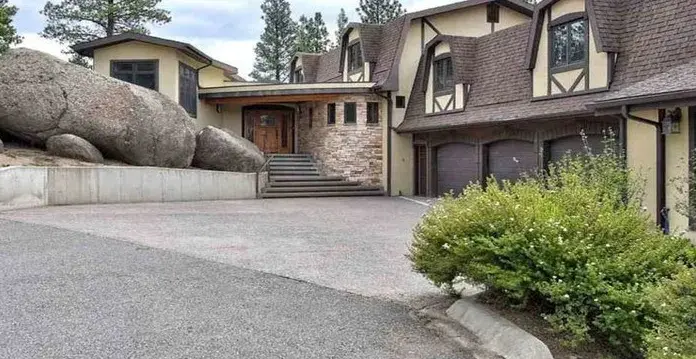
Location
Accepted Insurance
Other Forms of Payment
Self-pay involves paying for treatment out of your own pocket. You can use savings or credit, get a personal loan, or receive help from family and friends to fund your treatment. If you don't have insurance or your insurance plan doesn't cover a specific program, self-pay can help ensure you still get the care you need.
Addiction Treatments
Levels of Care
Treatments
The goal of treatment for alcoholism is abstinence. Those with poor social support, poor motivation, or psychiatric disorders tend to relapse within a few years of treatment. For these people, success is measured by longer periods of abstinence, reduced use of alcohol, better health, and improved social functioning. Recovery and Maintenance are usually based on 12 step programs and AA meetings.
A comprehensive drug rehab in Montana treats the entire person. Treatment methods address all the underlying causes of addiction and give the individual the tools they need to live a healthy, drug-free life.
Opioid rehabs specialize in supporting those recovering from opioid addiction. They treat those suffering from addiction to illegal opioids like heroin, as well as prescription drugs like oxycodone. These centers typically combine both physical as well as mental and emotional support to help stop addiction. Physical support often includes medical detox and subsequent medical support (including medication), and mental support includes in-depth therapy to address the underlying causes of addiction.
Substance rehabs focus on helping individuals recover from substance abuse, including alcohol and drug addiction (both illegal and prescription drugs). They often include the opportunity to engage in both individual as well as group therapy.
Programs



Clinical Services
Group therapy is any therapeutic work that happens in a group (not one-on-one). There are a number of different group therapy modalities, including support groups, experiential therapy, psycho-education, and more. Group therapy involves treatment as well as processing interaction between group members.
In individual therapy, a patient meets one-on-one with a trained psychologist or counselor. Therapy is a pivotal part of effective substance abuse treatment, as it often covers root causes of addiction, including challenges faced by the patient in their social, family, and work/school life.
Trauma therapy helps you process traumatic events that you may have witnessed or experienced. This is the first step to healing from these events, integrating them into a more coherent narrative, and improving your resilience.
Research clearly demonstrates that recovery is far more successful and sustainable when loved ones like family members participate in rehab and substance abuse treatment. Genetic factors may be at play when it comes to drug and alcohol addiction, as well as mental health issues. Family dynamics often play a critical role in addiction triggers, and if properly educated, family members can be a strong source of support when it comes to rehabilitation.
Life skills trainings involve all the skills a person must have in order to function successfully in the world. These include time management, career guidance, money management, and effective communication. Truly successful addiction recovery is based on the ability to not only live substance-free, but to thrive. Life skills teaches the practical necessities of functioning in society, which sets clients up for success in life, and therefore sobriety.
Recreational therapy (aka therapeutic recreation) uses creative and fun activities to help with addiction recovery. Recreational therapists lead patients in entertaining and engaging activities like sports or games; art (drawing, painting, sculpture); drama, music, and dance; and/or community outings (field trips) to improve patients' physical, social, and emotional well-being.
Amenities
-
Recreation Room
-
Residential Setting
-
Private Rooms
Contact Information
62 Park Drive
Clancy, MT 59634
